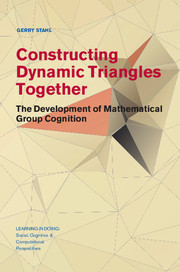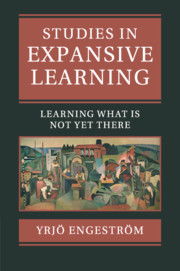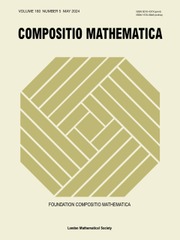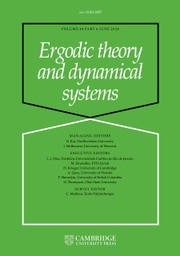Constructing Dynamic Triangles Together
Rational thinking as exemplified in mathematical cognition is immensely important in the modern world. This book documents how a group of three eighth-grade girls developed specific group practices typical of such thinking in an online educational experience. A longitudinal case study tracks the team through eight hour-long sessions, following the students' meaning-making processes through their mutual chat responses preserved in computer logs coordinated with their geometric actions. The examination of data focuses on key areas of the team's development: its effective team collaboration, its productive mathematical discourse, its enacted use of dynamic-geometry tools, and its ability to identify and construct dynamic-geometry dependencies. This detailed study of group cognition serves as a paradigmatic example of computer-supported collaborative learning, incorporating a unique model of human-computer interaction analysis applied to the use of innovative educational technology. A valuable resource for researchers, instructors, and students alike, it offers concrete suggestions for improving educational practice.
- Demonstrates the potential of new approaches to analyzing digital learning in small groups
- Outlines research methods that overcome limitations of traditional quantitative and qualitative methods
- Explains technical terminology and avoids specialist jargon, making it accessible to a multidisciplinary audience and to students
Reviews & endorsements
'Anyone interested in group cognition, online pedagogy, or online curriculum will find this book interesting and useful.' Whitney George, Mathematical Association of America
Product details
November 2015Hardback
9781107127913
294 pages
237 × 160 × 25 mm
0.6kg
40 b/w illus. 63 tables
Available
Table of Contents
- Introduction to the analysis
- Researching mathematical cognition
- Analyzing development of group cognition
- Session 1: the team develops collaboration practices
- Session 2: the team develops dragging practices
- Session 3: the team develops construction practices
- Session 4: the team develops tool-usage practices
- Session 5: the team identifies dependencies
- Session 6: the team constructs dependencies
- Session 7: the team uses transformation tools
- Session 8: the team develops mathematical discourse and action practices
- Contributions to a theory of mathematical group cognition
- Constructing dynamic triangles together.







